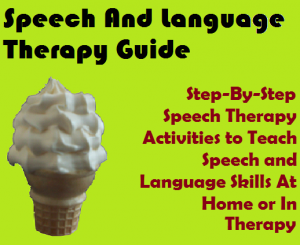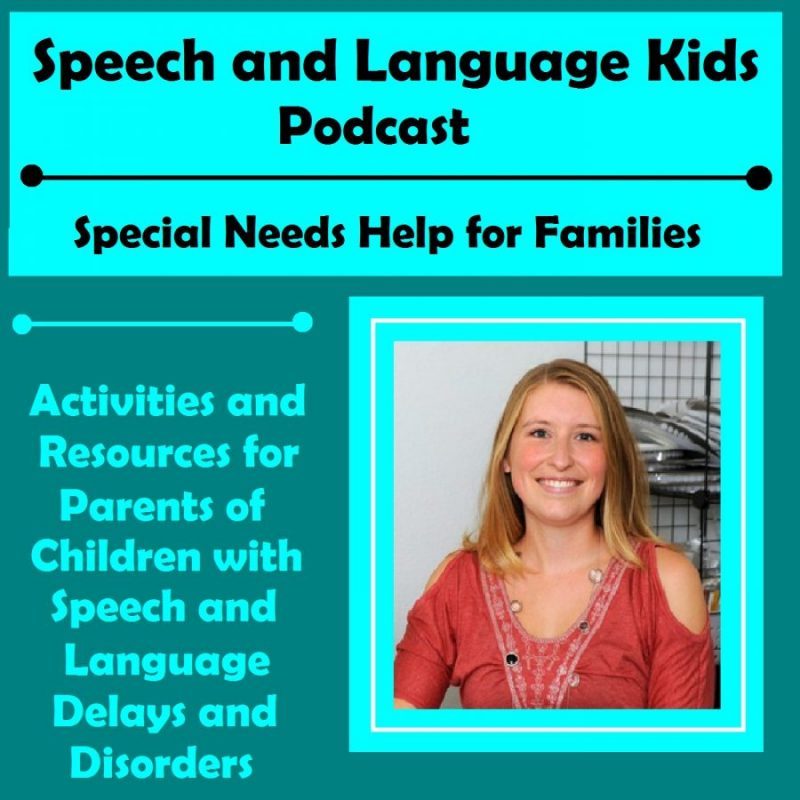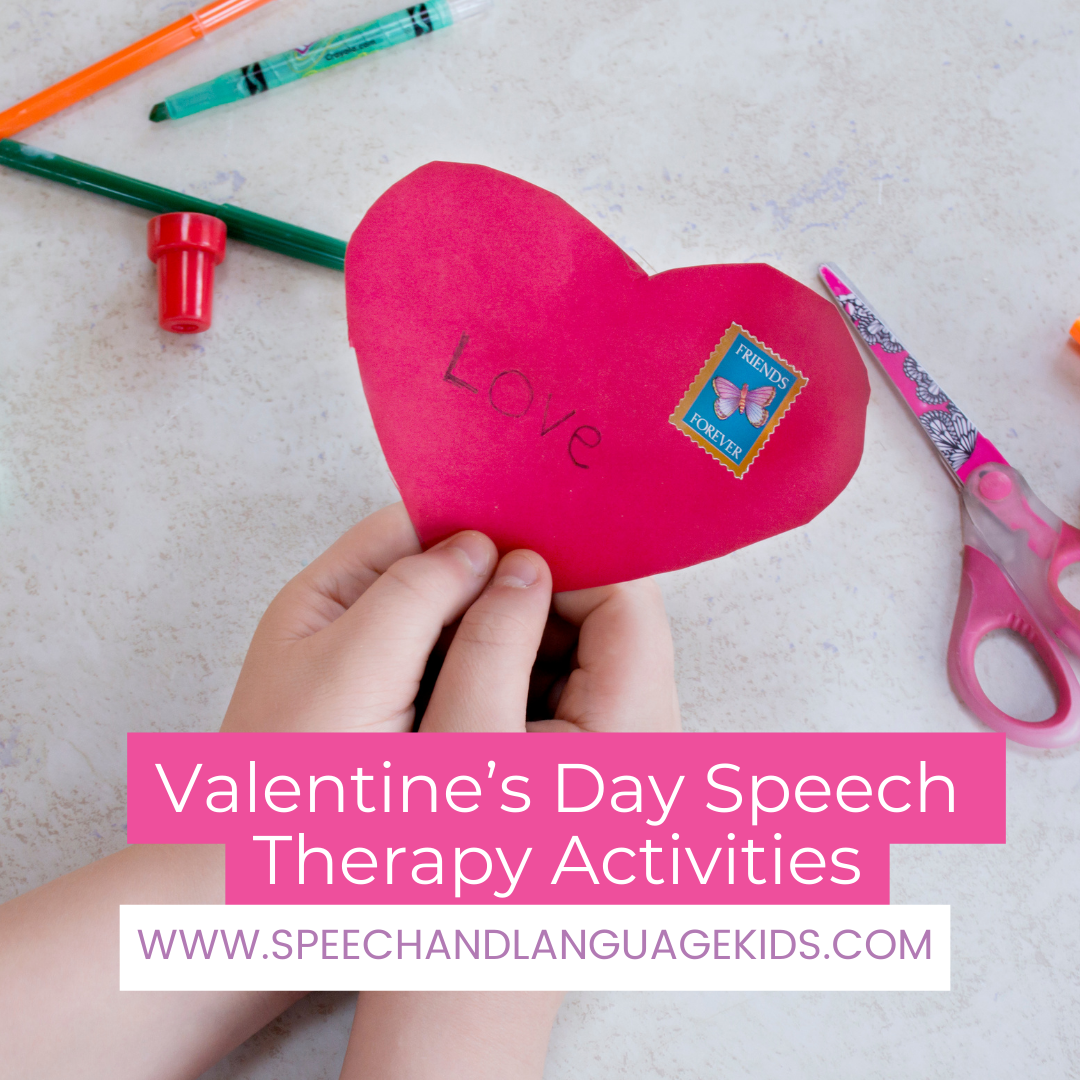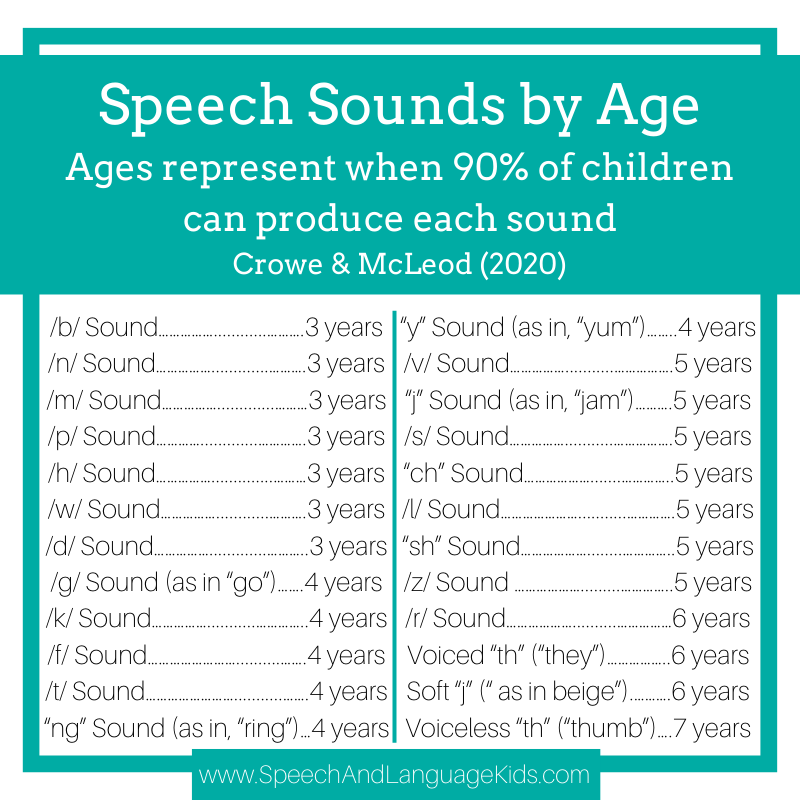Welcome to the IEP and Caseload Resource Page! This page is all about helping you understand and navigate IEPs (as a parent or speech therapist) and manage your therapy sessions and caseloads.
SLPs, you will find valuable information about making your job easier.
Parents, you will find great information about working with your child’s school and managing your speech therapy sessions at home.
What is an IEP Plan?
IEP stands for Individualized Education Plan. This plan is something that a school and parent creates to describe how a child with an identified delay or disability will receive services at school. The following things are generally included in an IEP:
- What therapies a child needs
- Why the child needs those therapies
- What goals the child will work on during the upcoming year
- How the child is currently performing on those goals
- How much therapy time the child will receive to work on those goals
- What the rest of the child’s education will look like (how much time in the regular education classroom)
- Any additional services the child may need, such as special bussing
For more detailed information, check out this podcast episode:
Parent Rights in the IEP Process
The Definitive Guide to IEP Goals: For the Professionals Who Write them and the Parents who Read Them
How Do Parent-Teacher Conferences Work for Children with Speech Therapy
You can request that your child’s speech therapist attend your child’s parent-teacher conferences. Here are some tips for having a successful parent-teacher conference with your child’s speech-language pathologist:
Parent-Teacher Conferences with Speech Therapists
How Long Should Speech Therapy Sessions Last?
Each child is different and some children will benefit from longer or shorter speech therapy sessions, but this podcast discusses some of my recommendations on how long your speech therapy sessions should last at school or at home:
5-Minute Speech Therapy? How Long Should Your Sessions Last?
Where Can I Find Lesson Plans for Speech Therapy?
It is often difficult to know exactly how to teach a speech or language skill. You may also find that the child is tiring of one approach and you need some fresh ideas. This e-book that I created is packed full of fantastic step-by-step lesson plans for 39 different speech and language skills.
Each lesson plan will take you through the various steps of teaching that skill. It includes practical activities as well as worksheets and handouts for each step. It will also help you determine which skills to start on first with a child.
For more information, click below:
 Speech and Language Therapy Guide
Speech and Language Therapy Guide
Where Can I Find Free Materials??
So glad you asked! 🙂 I have a whole page of free speech therapy materials! Head on over and check it out:
How Can I Make Speech Therapy More Fun?
Browse All IEP-Related Articles:
Working Speech and Language Into Bedtime Routines (Podcast)
Hey everyone! I just finished the first episode of my podcast! Here are the show notes which contain an overview of what we discussed as well as all of the great links and resources
PowerPoint Speech Therapy Activities
Did you know that you can use the computer to make Microsoft PowerPoint speech therapy activities that your child will love?? Check it out!! PowerPoint Speech Therapy Activities I use PowerPoint presentations
How to Stop Mumbling | Clear Speech Strategies for Children
How to Stop Mumbling | Clear Speech Strategies for Children How can we help a child who is mumbling? What are the steps to teaching clear speech? On this page, we'll share the
Valentine’s Day Speech Therapy Activities
Valentine's Day Speech Therapy Activities It’s almost Valentine’s Day! Valentine’s Day means telling the people you love how much you care about them and eating lots of chocolate! Here are some fun Valentine's
Speech Sounds by Age (and How to Teach Them)
Speech Sounds by Age: When and How to Teach Speech Sound Pronunciation Children learn to pronounce speech sounds correctly at different ages. Some sounds develop earlier... ...and some develop later. When a child
Football Activities for Speech and Language
Happy Super Bowl!! Ok, I confess I’m not the biggest football fan and maybe I enjoy the commercials more than the actual football playing during the Super Bowl, but I know how important football








